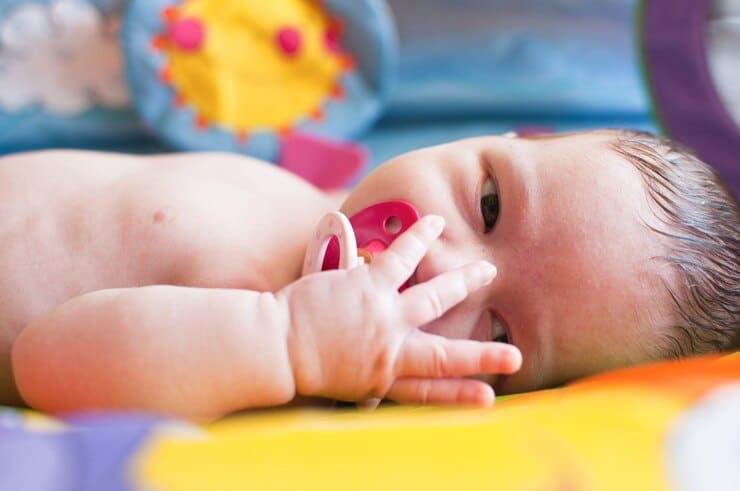Hiccups are a troubling problem for many people. They can be caused by a reflexive diaphragm contraction, which separates the lungs and stomach. This causes water and air to be expelled into the environment, temporarily increasing blood pressure and anxiety.
Hiccups can be prevented by drinking fluids or eating carbohydrate-rich foods shortly before or after vomiting. People who hiccup often find that they need to prevent them from happening in the first place by drinking plenty of fluids or eating carbohydrates soon before or after throwing up.
Activate baby brain waves!
The University College London (UCL) team discovered that a wave of vital brain signals is triggered when a newborn baby hiccups. It’s suggested that these brain waves may help a baby learn how to regulate their breathing.
The team from UCL used an electroencephalogram (EEG) to monitor the brain activity of hiccupping babies and found that their brains exhibited a specific type of brain wave called ‘baby-wave’.
The baby wave is associated with increased alertness, focus, and arousal; it may be why new mothers feel tired after giving birth. Dr Anjali Mahto, one of the researchers on the project, said:
“We know that during early development important skills such as breathing control are learned through experience – including learning how to deal with hiccups.
Our findings could help to explain why some babies are more prone to developing breathing problems, such as sleep apnea.”
The third wave
So what happens when baby hiccups are that the diaphragm muscle contracts. But – as we now know – that’s not all. The baby’s brain waves also change, and this could have an impact on their development.
When a baby hiccups, its diaphragm muscle contracts. But – as we now know – that’s not all. The baby’s brain waves also change, and this could have an impact on their development.”
Hiccups are caused by the reflexive contraction of the diaphragm, which separates the lungs and stomach; they can be prevented by drinking fluids or eating carbohydrate-rich foods shortly before or after vomiting.
People who hiccup often find that they need to prevent them from happening in the first place by drinking plenty of fluids or eating carbohydrates soon before or after throwing up.”
Conclusion
Hopefully, this blog has helped you understand the physiology behind hiccups better. Now that you know what causes them and some prevention measures, you should be able to handle them more easily in the future.

